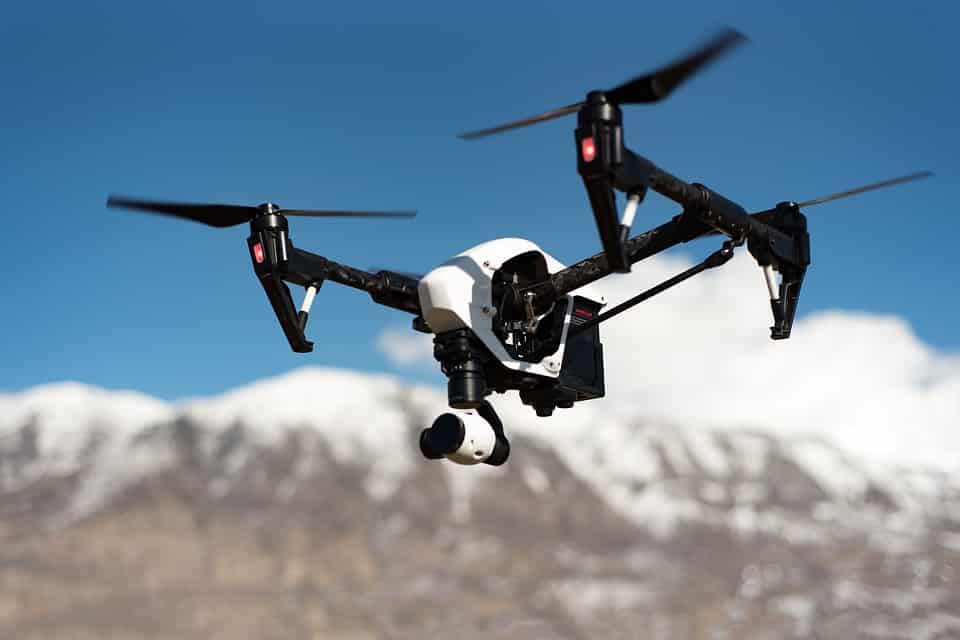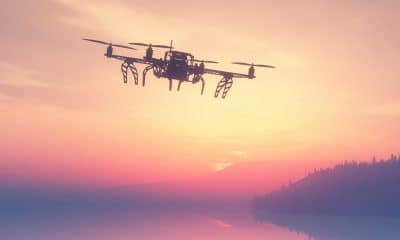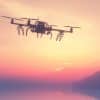From Britain’s coastline to the banks of the holy Ganges river in India, a UK-based start-up Ellipsis Earth is using drones fitted with cameras to map the location of plastic pollution. Through computer software and image recognition, it is able to identify the type of plastic, its size and even the brand or origin of the trash.
Ellie Mackay, Ellipsis Founder and CEO, said the technology allows them to carry out a survey in a matter of minutes. This is much faster than the typical method on foot. Founded in 2019, the start-up has undertaken projects all over the world.
Mackay highlights their project in the Galapagos Islands, which is about 620 miles off the coast of Ecuador, as ‘hitting the nail on the head’. “There are coastlines there that have not changed since Charles Darwin set foot on those beaches, all those years ago,” she said. “The only difference, the only evidence that man exists, is in the plastic all over the beaches.”
The CEO said data gathered by Ellipsis in 2017 and 2018 found that on one of the most remote beaches in the area, one is never more than 17 inches away from a piece of trash. There has been swift action. Mackay shared that Galapagos authorities have introduced a ban on single-use plastics, including Styrofoam takeaway containers and plastic bags, across the archipelago. “While majority of the plastic that washes up on the islands’ shores comes from elsewhere, the ban extends to tourists and service providers.”
There is no doubt that technology has played a huge impactful role. Richard Thompson, professor of marine biology and director of the Marine Institute at the University of Plymouth in the UK, recalled an era before drones when scientists experimented with sending up balloons with cameras attached to take aerial photos of beaches.
“What’s happening here is that the technology for drones and also the image resolution has improved quite substantially over time, making it much more viable,” Thompson said. Mackay believes drones are a game changer for environmental monitoring. “They allow us to survey an entire stretch of coastline in a few minutes.” She pointed out that Ellipsis technology can automatically detect 47 categories of trash items with more than 95% accuracy. Mackay says that by focusing on tracking and mapping larger plastic items they are helping to solve the problem at its root. “If you collect one plastic bottle, that’s 25,000 potential microplastic pieces in the future.”
Also Read: India integrates 174 Indian Embassies and Consulates with Passport Seva Program
Thompson said majority of plastic entering the ocean is in the form of bigger waste items that later break down. “That’s really the place where you want to intervene and the place where you want the data. It’s far simpler to count and identify the microplastics of the future.” He also highlighted that different techniques will be required to quantify plastic particles, such as microbeads from cosmetics, that are already small when they enter the environment.



















Pingback: Continuous reforms makes India great place to do business: FM to US
Pingback: Australia struggles to stem Delta COVID-19 variant in Sydney, prompts week-long lockdown | The Plunge Daily